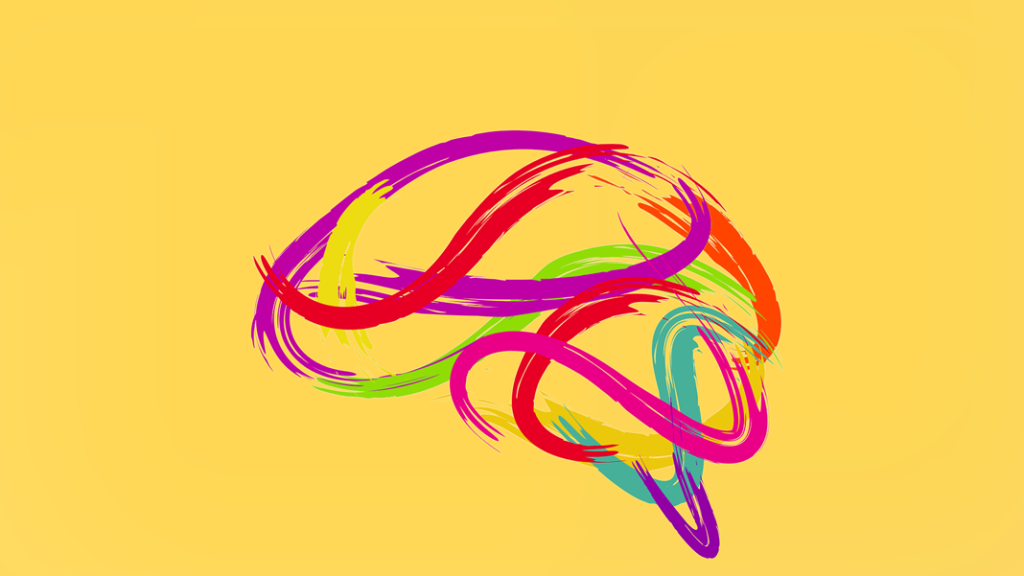About Us
How do every day stressors impact our capacity for insight and problem solving? Because problem solving is a complex ability that involves many aspects of cognition, our group approaches this question by integrating clues from many sources, including human behavior, brain activity, and autonomic function. We are working to relate changes in self-reported stress and fatigue to variability in solution search strategies, allocation of visual attention, measures of arousal and neurocognitive engagement. Our methods leverage recent advances in lightweight biometric sensors, virtual reality, eye tracking, EEG, as well as state of the art immersive Virtual Reality.
This unique collaboration between UC San Diego’s Swartz Center for Computational Neuroscience and the Arthur C. Clarke Center for Human Imagination has given rise to an interdisciplinary team of neuroscientists, computer scientists and artists working together to pose problems in new ways and advance scientific methods and knowledge with full STEAM ahead. Our lab (located at the Supercomputer Center for Neuroscience, UCSD) was a wide variety of neuroscientists and on-campus labs who assist us in our studies. Our lab is also renowned for the use of the MoBI lab, a research space dedicated to virtual reality experiments. Our access to on-campus funding and other like-minded researchers help us gain access to cutting edge research such as the new MXR Vive trackers and Duo EKG monitors.
We are very open to cross collaboration and further research on neuroscience and brain research in general! We will be posting regular updates, including related research, images, videos, research tools, and data.


